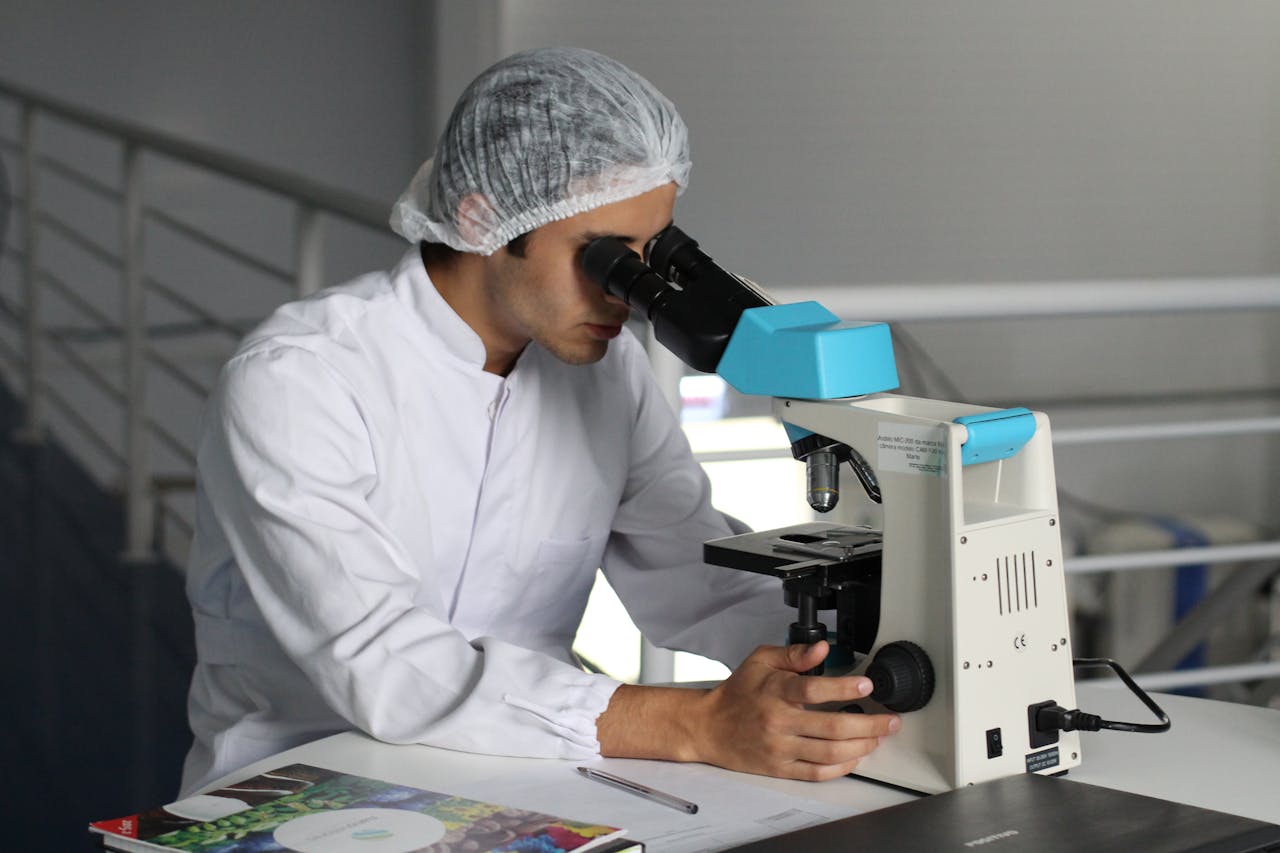
Experimental Drug AC102 Significantly Reverses Tinnitus and Repairs Auditory Damage in Preclinical Study
A groundbreaking preclinical study has shown that a single dose of the novel compound AC102 can nearly eliminate tinnitus symptoms while also repairing critical damage in the inner ear. The results, recently published in the International Journal of Molecular Sciences, come from a collaborative effort between researchers at Erlangen University Hospital and Berlin-based biotech firm AudioCure.
Tinnitus—commonly experienced as a persistent ringing or buzzing in the ears—affects an estimated 10–15% of the adult population. For many sufferers, particularly those with sudden hearing loss, tinnitus can become a chronic and highly distressing condition. Despite its prevalence and the profound impact it can have on quality of life, there are currently no causal treatments approved to directly address the condition. This new research offers a potential breakthrough.
In the preclinical study, researchers simulated acoustic trauma in animal models to induce tinnitus. The subjects were then divided into two groups: one received a dose of AC102 delivered directly to the middle ear, while the other received a placebo. Initially, both groups demonstrated typical signs of tinnitus. However, after five weeks, the group treated with AC102 showed a near-complete disappearance of tinnitus symptoms. In stark contrast, the placebo group continued to exhibit signs of the condition.
Importantly, the treatment also appeared to reverse the underlying physiological damage believed to contribute to tinnitus. Specifically, AC102 was shown to restore synaptic connections between inner ear sensory cells and the auditory nerve—connections that are often disrupted by acoustic trauma. This loss of synaptic integrity is widely considered a potential root cause of tinnitus.
“Our results suggest regeneration of inner ear structures that are critical for tinnitus and could be an important milestone and a glimmer of hope for a causal treatment,” said Dr. Konstantin Tziridis, first author of the study and a researcher at Erlangen University Hospital.
These findings are particularly relevant in the context of sudden hearing loss, a condition often accompanied by tinnitus. Around two-thirds of people who experience sudden sensorineural hearing loss also report tinnitus symptoms. Of those, roughly 30% go on to experience persistent tinnitus even after other symptoms resolve.
The potential of AC102 to treat both hearing loss and tinnitus sets it apart from other investigational therapies. In earlier studies, AC102 demonstrated the ability to reverse sudden hearing loss in preclinical models. Given the frequent overlap between hearing loss and tinnitus, AudioCure is now evaluating the drug’s dual-action potential in its ongoing research.
“Constant ear noise caused by tinnitus can be even more stressful for many patients than the hearing loss itself,” said Dr. Reimar Schlingensiepen, CEO of AudioCure. “With AC102, we hope to eventually have an effective remedy for both conditions. This would be a great relief for patients and doctors who currently have no approved drug treatment available.”
Safety and tolerability of AC102 have already been assessed in an initial clinical study. Building on those results, AudioCure has now launched a Europe-wide Phase 2 clinical trial aimed at evaluating the drug’s effectiveness in treating both sudden hearing loss and tinnitus in human patients. The ongoing trial marks an important step toward establishing a disease-modifying treatment where none currently exists.
If successful in later-phase clinical trials, AC102 could represent the first targeted, pharmacological intervention for tinnitus—a condition often managed with coping strategies rather than curative therapies. Such a development would signal a major advance in the treatment of auditory disorders and fulfill a longstanding unmet medical need.
As research continues, the scientific and medical communities will be watching closely. With promising early results and a clear path toward clinical validation, AC102 may soon offer hope to millions of tinnitus sufferers around the world who currently have limited options for relief.





